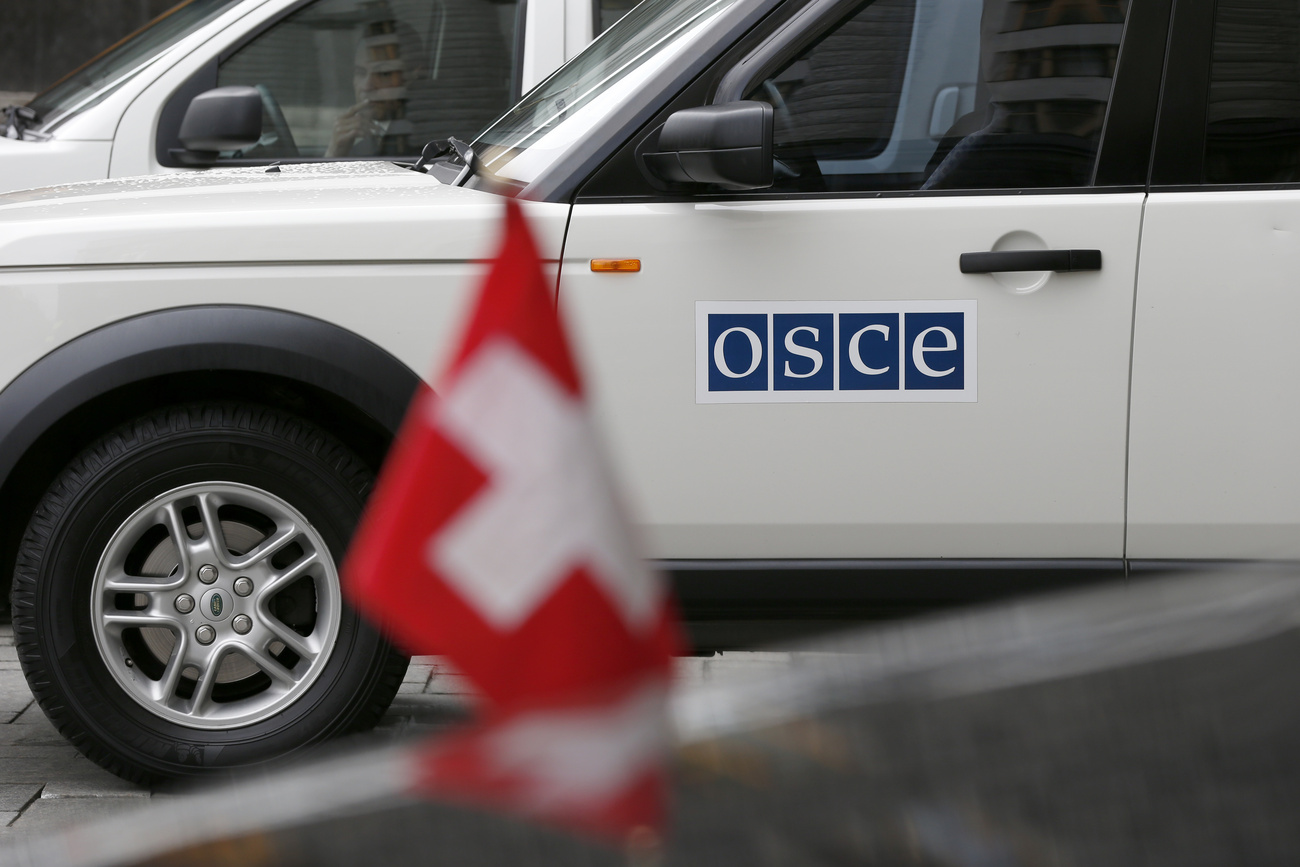
Costs of generic drugs and outpatient services targeted

The government wants to cap prices for generic drugs as part of a package of measures to reduce rising health costs in Switzerland.
Interior Minister Alain Berset, whose portfolio includes health issues, on Friday presented plans to allow health insurers, health service providers and cantonal authorities to launch pilot projects to test innovative financing methods for hospital care or outpatient services.
The package will go to a consultation among political parties, organisations and institutions involved before parliament is due to discuss the final proposals. It is expected to lead to a savings of several hundred million francs per year, according to Berset.
He added that it won’t be easy to find support for all the proposed measures, given the ongoing dispute between insurers, doctors, the pharmaceutical industry and cantonal authorities, notably about a billing system for doctors.
Mixed reaction
In an initial reaction, the industry associations of Swiss pharmacistsExternal link and producers of generics have rejected the government proposal. They warned that patients would no longer be free to choose their favourite therapy.
For their part, the association of health insurers welcomed the plans , saying they were a step in the right direction.
SantésuisseExternal link notably called for cheaper drugs prices and more say in the construction of hospitals and nursing homes as well as increased cost transparency.
Financial caps
A second package of proposals is expected to be presented next year, including financial caps for medical costs, as recommended by a group of experts in 2016.
+ Controversial budget caps for health costs mooted
Overall health costs in Switzerland are about CHF80 billion ($82.6 billion) annually, including CHF30 billion covered by the mandatory health insurance plans.
The Swiss healthcare system is known for its excellent level of care, but is also among the most expensive in the world.

In compliance with the JTI standards
More: SWI swissinfo.ch certified by the Journalism Trust Initiative




























You can find an overview of ongoing debates with our journalists here . Please join us!
If you want to start a conversation about a topic raised in this article or want to report factual errors, email us at english@swissinfo.ch.